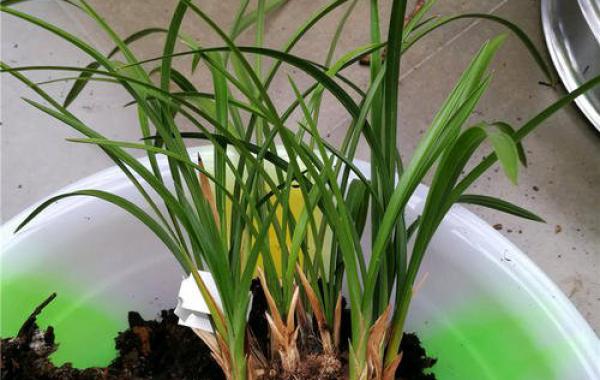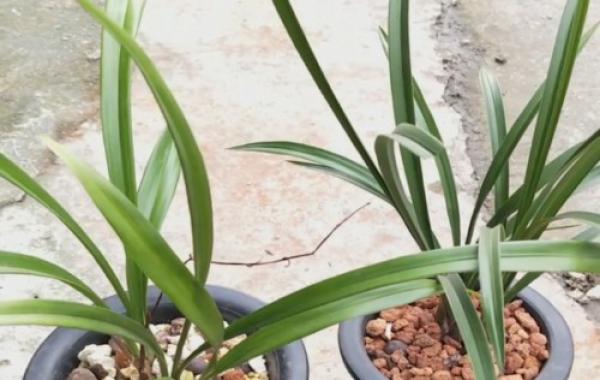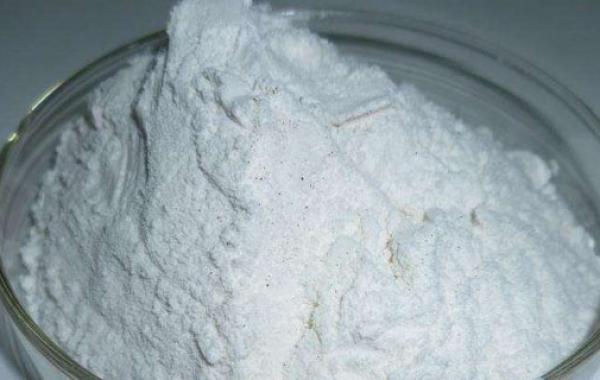Do orchid yellow leaves and coke tips need supplementary fertilizer?

Whether the yellow leaves and coke tips of orchids need supplementary fertilizer.
Orchid yellow leaves, Jiaojian should first see whether there is a problem with the application of fertilizer.
1. Excessive fertilization
Orchids should be light and fertile, not thick or raw. If the fertilizer is too thick at one time, especially the excessive application of chemical fertilizer, it will often cause root damage, and then cause yellow leaves or scorched tips.
2. Fertilization should be reasonable.
Thin fertilizer should be applied skillfully, and thick fertilizer and unrotten liquid fertilizer should not be applied. Water should be watered once in the morning after fertilization to dilute the fertilizer and avoid the occurrence of fertilizer damage.
3. The light should be suitable.
Orchids like semi-shade, except for more sunshine in early spring and winter, shading measures should be taken in time after summer to avoid direct light, preferably under the shade shed or in the shade of the building.
4. Timely prevention and control of diseases and insect pests
It is necessary to prevent diseases and eliminate pests as soon as possible, and special attention should be paid to the prevention and control of anthrax, black rot, shell insects and so on.
5. Soil should be used properly
Select slightly acidic, loose and fertile culture soil, and pay attention to timely change of basin and soil, regular application of ferrous sulfate solution to keep the basin soil slightly acidic.
1. Too much or too little watering
Orchids like humid climate, especially high air humidity. If the long-term watering is insufficient and the air is too dry, the root will dry and shrink, the absorption function will be weakened, and the supply of water and nutrients will fall short of the demand, resulting in yellow or scorched leaves. On the contrary, too much watering, basin soil is too wet for a long time is also easy to cause root rot, the emergence of yellow leaves, and even death.
2. Excessive or insufficient illumination
The cultivation of orchids, such as improper placement, excessive or insufficient light, will also cause yellow leaves, scorched tips or leaf edges to scorch.
3. Excessive fertilization
Orchids should be light and fertile, not thick or raw. If the fertilizer is too thick at one time, especially the excessive application of chemical fertilizer, it will often cause root damage, and then cause yellow leaves or scorched tips.
4. Diseases and insect pests
When the orchid plant is attacked by diseases and insect pests, it will also cause the orchid plant to injure its leaves and roots, and finally appear yellow leaves and scorched tips.
In addition, the pH of cultivated soil is not suitable (alkaline soil), long-term unfertilized or unchanged soil, and environmental pollution, all of which are easy to cause orchid leaves yellowing, withering or leaf tip scorching.
Preventive measures of yellow leaves and scorched tips of orchids
1. Watering should be scientific.
According to the season, the stage of growth and development and the dry and wet conditions of the basin soil, we should decide whether to water and how much water should be watered, especially to increase the air humidity so as to avoid the basin soil being too dry or too wet for a long time.
2. Fertilization should be reasonable.
Thin fertilizer should be applied skillfully, and thick fertilizer and unrotten liquid fertilizer should not be applied. Water should be watered once in the morning after fertilization to dilute the fertilizer and avoid the occurrence of fertilizer damage.
3. The light should be suitable.
Orchids like semi-shade, except for more sunshine in early spring and winter, shading measures should be taken in time after summer to avoid direct light, preferably under the shade shed or in the shade of the building.
4. Timely prevention and control of diseases and insect pests
It is necessary to prevent diseases and eliminate pests as soon as possible, and special attention should be paid to the prevention and control of anthrax, black rot, shell insects and so on.
5. Soil should be used properly
Select slightly acidic, loose and fertile culture soil, and pay attention to timely change of basin and soil, regular application of ferrous sulfate solution to keep the basin soil slightly acidic.
Related
- Is the orchid suitable for indoor use? Is it good for the body?
- How to prevent the empty root of orchids?
- What to do after the crab claw orchid is withered?
- Why are the leaves of orchids always yellow? Fertilizing and watering.
- Can the root of the gentleman orchid be saved if it is rotten?
- Diagnosis and treatment of cotton-blowing beetle insects in Cymbidium
- There is a way for a gentleman's orchid to rot.
- What is the most suitable temperature and humidity for the orchid?
- How to raise a gentleman's orchid? Cultivation techniques of Cymbidium
- How to prepare the nutritive soil for the cultivation of Cymbidium



